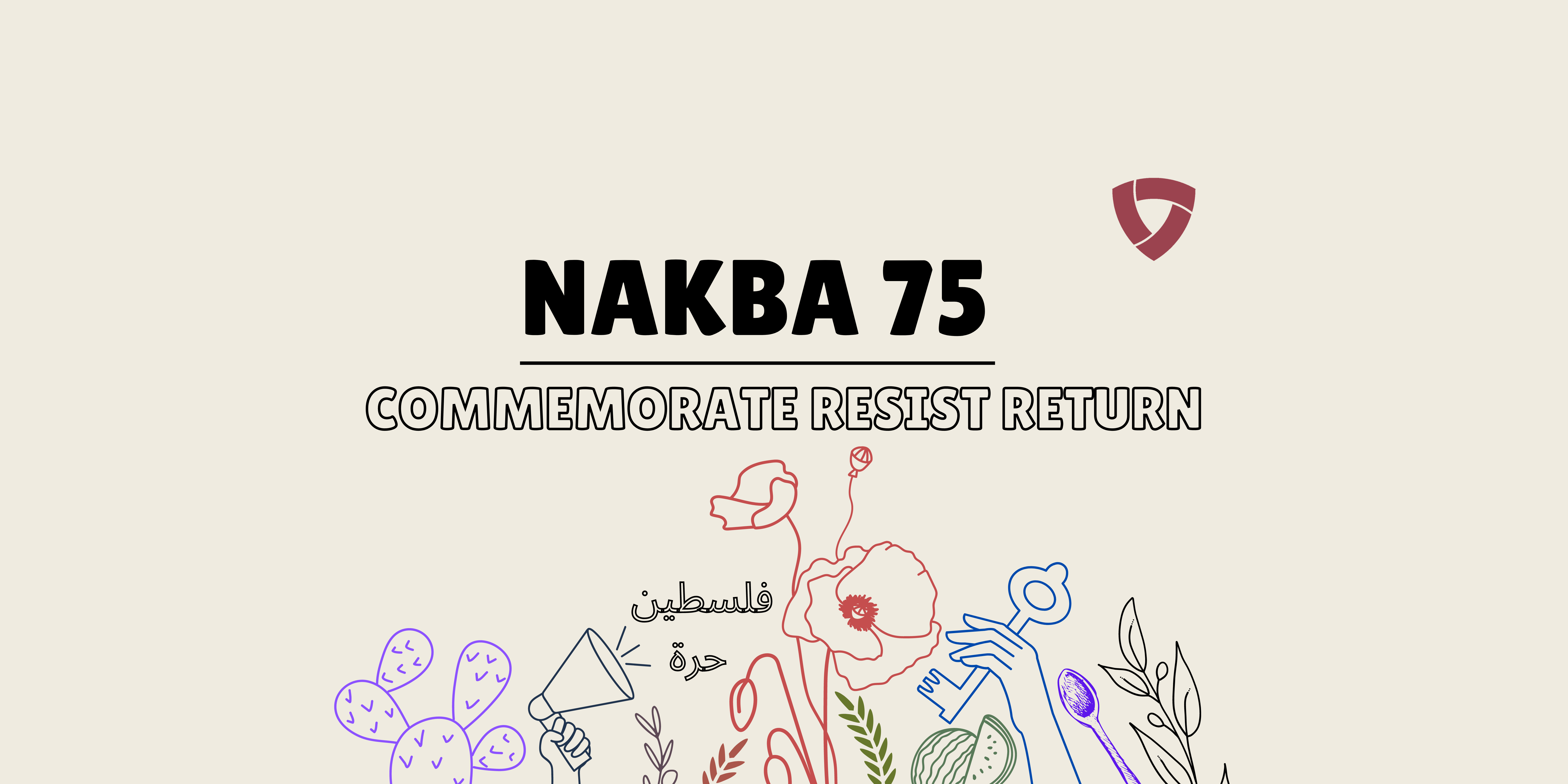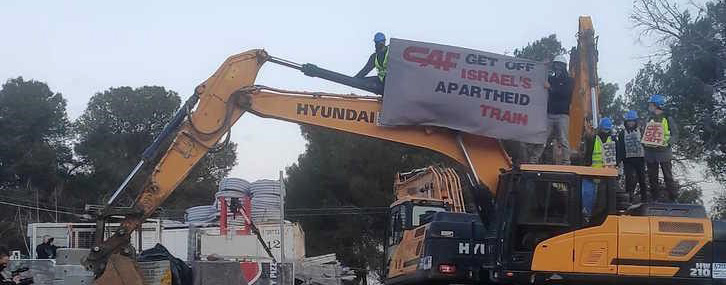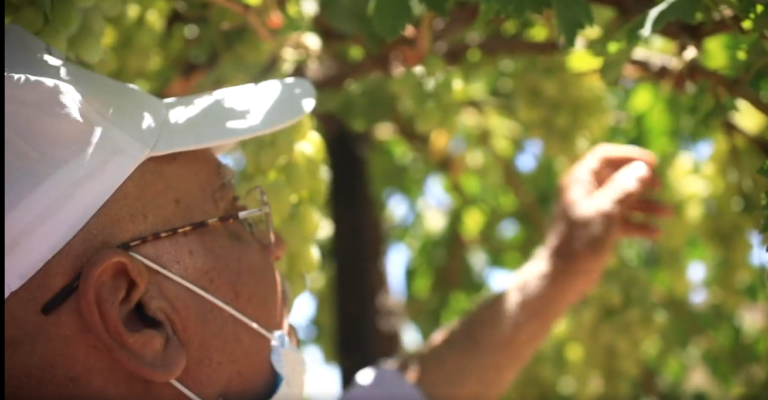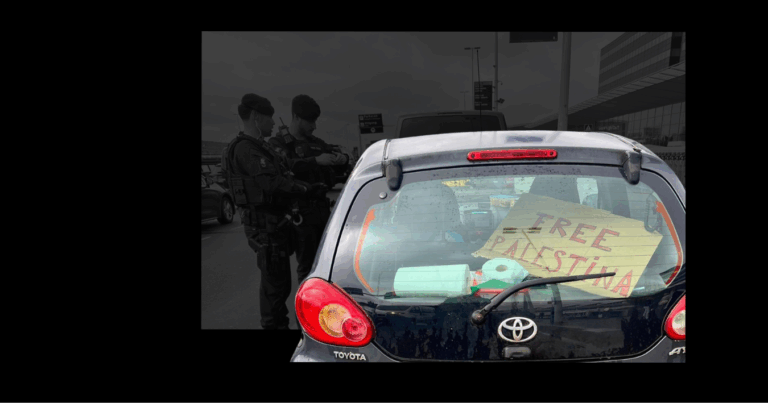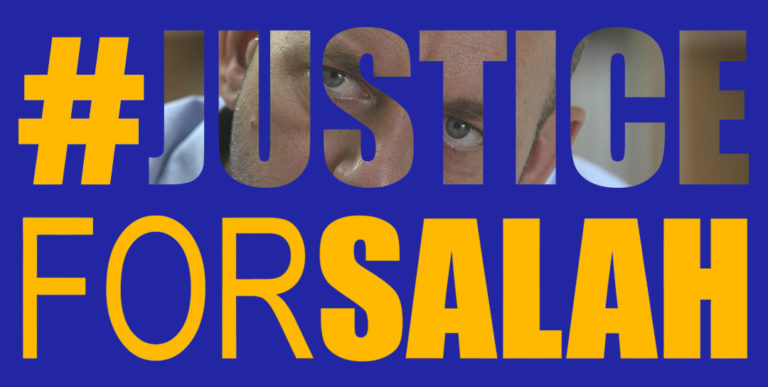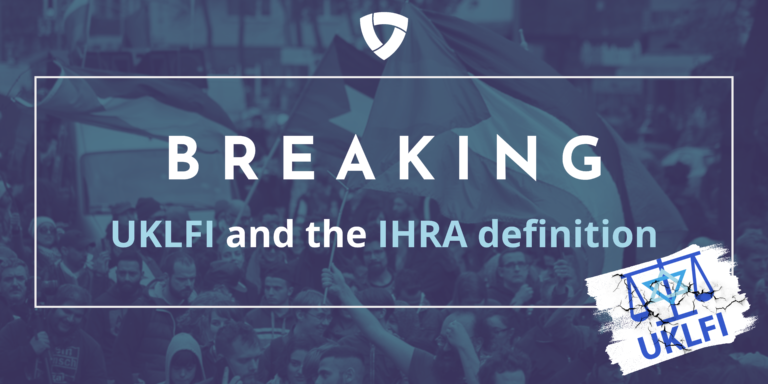ELSC Statement: No to the Nakba Demo Bans, End Germany’s Criminalisation of Palestinian Existence
In another act of state repression, the Berlin police banned all events commemorating 75 years of ongoing Nakba. Following the demonstration ban from 2022, the police disrupted a Palestinian cultural event on 13 May in Neukölln, banning any political public speech, attempting to stop the distribution of books on Palestine on a discretionary basis, and preventing attendees from dancing the traditional Dabka, claiming that it was a form of “political expression”. One of the banned speeches was to be delivered by a member of the ELSC and a partner scholar, Anna Younes (PhD), with the purpose of informing people on their legal rights. Other events that were banned were scheduled for 13, 14 and 20 May 2023: these demonstrations wanted to demand justice for the Palestinian people by remembering the displacement and ethnic cleansing of hundreds of thousands of Palestinians in the course of the founding of the state of Israel. At least 11 demonstrations on the Nakba have been banned in Berlin since April 2022.
The justification for the bans is informed by a systematic pattern of anti-Palestinian racism criminalising solidarity with the Palestinian cause for freedom and return, as well as expressions of Palestinian identity. May 2022 already saw immense state repression against Palestinians and their supporters, when the Berlin police preventively banned five registered events commemorating 74 years of ongoing Nakba and honouring Palestinian journalist Shireen Abu Akleh, who was murdered by Israeli Occupation Forces while reporting on their invasion of Jenin refugee camp. When individuals peacefully took to the streets to express their solidarity, the Berlin police unleashed a campaign of harassment arresting and beating activists for wearing the Palestinian scarf known as the Kuffiyeh or for being dressed in the colours of the Palestinian flag.
These anti-democratic measures are enacted as a form of collective punishment directed at anything visibly Palestinian, extending to any expression of collective memory and rights advocacy as seen through the recent bans of demonstrations in solidarity with Palestinian political prisoners in Berlin and beyond. Palestinians in exile commemorating their tragedy, and more generally Arab participants in the demonstrations are dehumanised and framed in the colonial tradition as ”highly emotionalised men” who would “glorify violence” and are “difficult to control”. Neukölln is placed under general suspicion and depicted as a harbour of violence, based on the racist criminalisation of its predominantly migrant, particularly Arab population. The allegations and language used in the prohibition orders, both in 2022 and in 2023, express blatant racism and, in particular, constitute Anti-Palestinian racism – a form of anti-Arab racism that aims to silence, exclude, erase, stereotype, or defame Palestinians and their narratives – towards the Palestinian community in Germany.
Attacks against the Palestine solidarity movement are ever-growing as Germany upholds its unconditional support for the Israeli occupation and continues to whitewash crimes of apartheid and settler violence. The Berlin government’s actions around Nakba Day reflect Germany’s complicity in the continuing oppression of the Palestinian people, and further constitute a wider assault on the fundamental rights of free speech and assembly. This must be read as a dangerous precedent for further arbitrary curtailments of basic democratic rights.
These bans are an attack on all of us. The ELSC stands in solidarity with all Palestinians and supporters of the Palestinian cause. As further Palestine solidarity events are planned in the coming days in Berlin, we call on all stakeholders to join us in demanding the protection of the most fundamental rights to freedom of expression and assembly, and to support the campaign launched in defence of these rights for Palestinians and their supporters in Germany.
If you, your group, organisation or otherwise have been intimidated, slandered, repressed, censored or banned from speaking out or participating in Palestine advocacy, or if you have questions about your rights, please reach out to us and complete the incident form.

